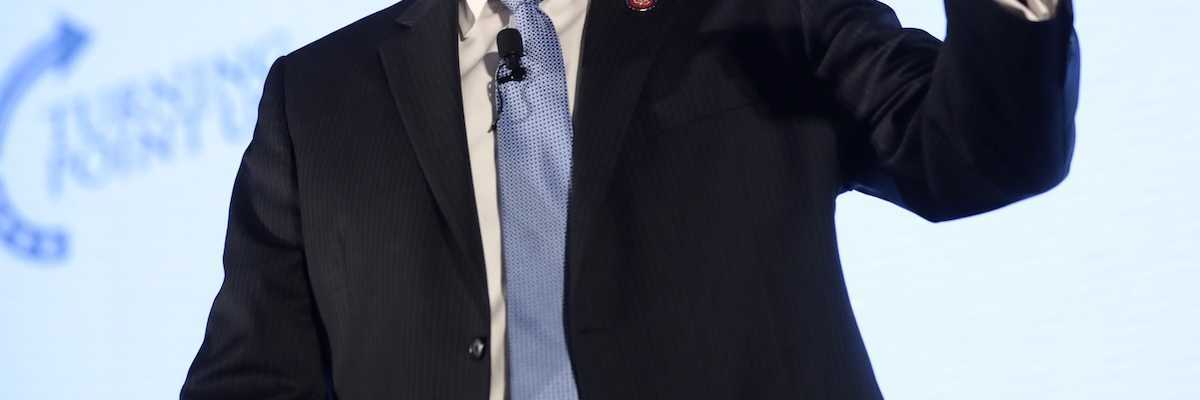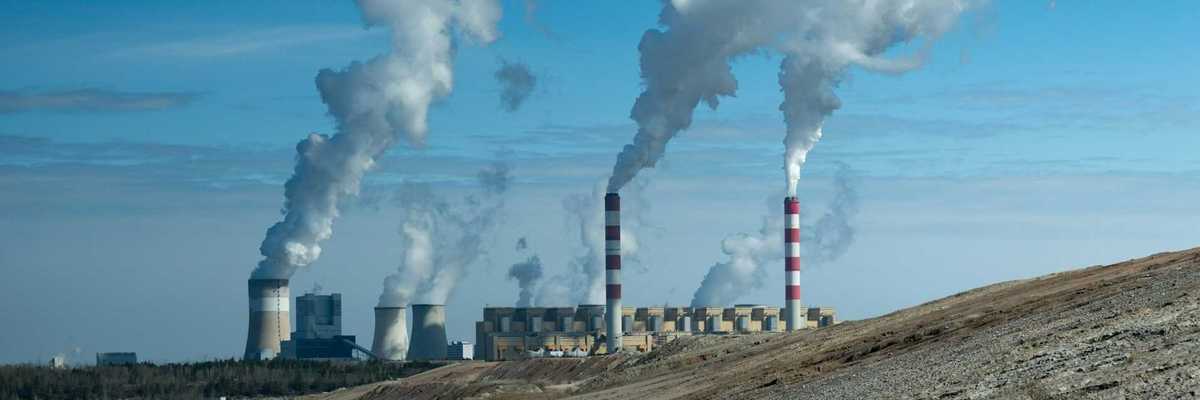walleye
Tribes and conservationists work to save spearfishing from climate change
As climate change impacts walleye populations in Wisconsin lakes, Indigenous tribes and conservationists are striving to preserve the traditional practice of spearfishing.
Melina Walling and John Locher report for The Associated Press.
In short:
- Ojibwe and other Indigenous tribes rely on spearfishing for food, cultural connection, and tradition, but climate change and lakeshore development threaten walleye populations.
- Conservation efforts include permits to limit fish catch and fish stocking, but natural reproduction remains a challenge due to environmental changes.
- Indigenous knowledge is increasingly valued in conservation strategies to adapt to these changes and ensure sustainable fishing practices.
Key quote:
“We’ve seen things here over the last couple of years that I’ve never seen before. It worries me, what I’ve seen in my lifetime, what’s my grandson going to see in his lifetime?”
— Brian Bisonette, conservation director of the Lac Courte Oreilles Conservation Department
Why this matters:
Climate change and habitat loss threaten Indigenous food sources and cultural traditions. Collaborative conservation efforts aim to preserve these practices for future generations, emphasizing the intersection of environmental and cultural sustainability.
Climate change is affecting the kind of fish you can catch in Michigan's inland lakes
Climate change impacts anglers, OFAH
Adam Weir from the Ontario Federation of Anglers and Hunters offers his take on the impact it may have on fishing.









